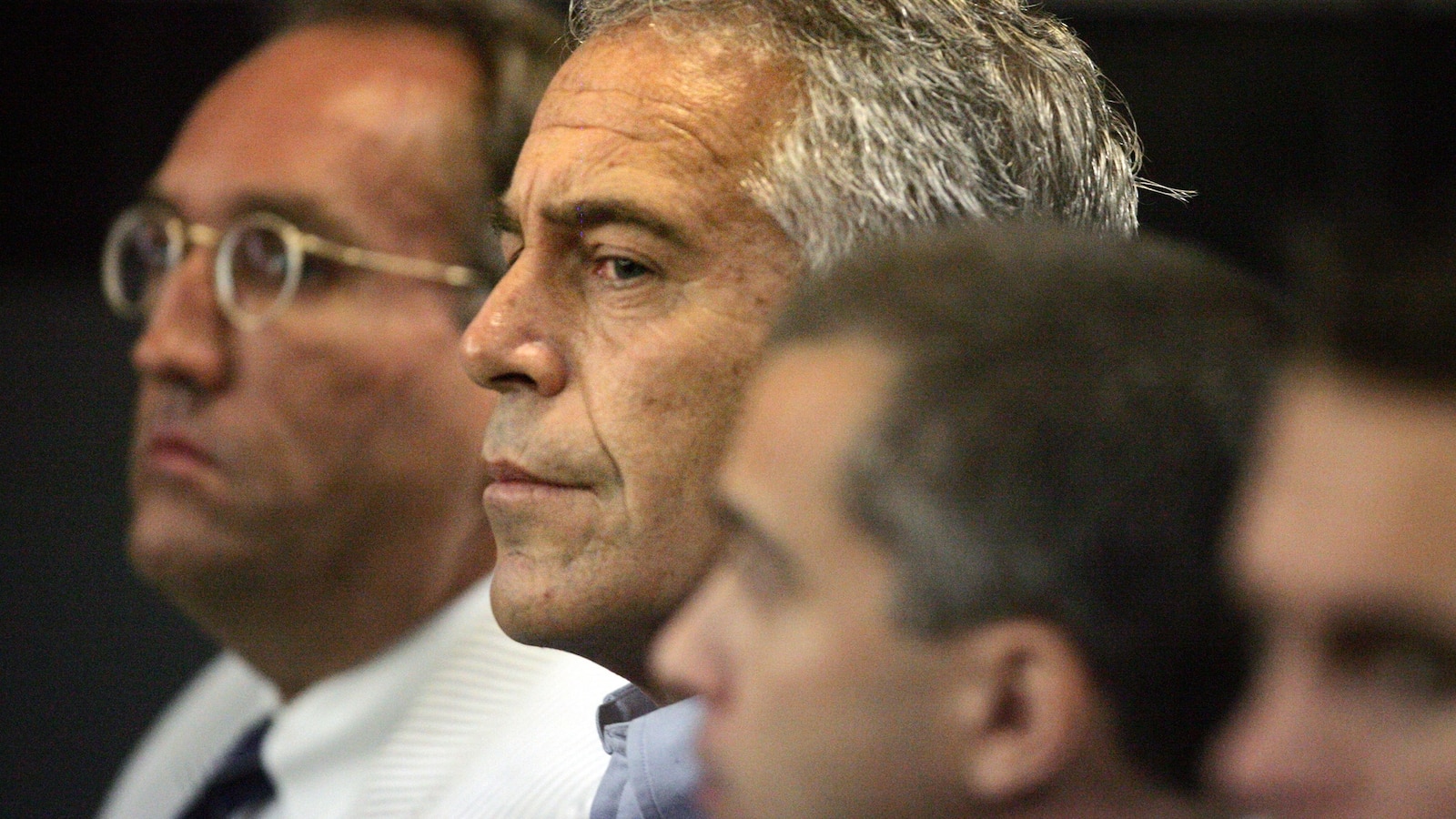‘We Need the Epstein Files to Be Out’: Central Witness Speaks Publicly for First Time
A key witness in the Jeffrey Epstein sex trafficking case has broken her silence after two decades, demanding the full release of government files to bring closure to victims and transparency to Americans. Marina Lacerda, once known only as “Minor-Victim 1,” shared her harrowing story in an exclusive ABC News interview, reigniting calls for accountability amid recent partial document dumps.
Breaking the Silence: Marina Lacerda’s First Public Interview
Marina Lacerda, now 37, spoke publicly for the first time on September 3, 2025, detailing her experiences with Jeffrey Epstein starting at age 14. Immigrating from Brazil with her family, Lacerda was living in Queens, New York, sharing a bedroom with her mother and sister, when a friend introduced her to Epstein in 2002 as a way to earn money through massages. What began as an opportunity quickly turned into years of sexual abuse, with Lacerda forced to have sex with Epstein two to three times a week over three years.
She described Epstein’s New York mansion as a “revolving door” of young girls, estimating he saw five to ten women daily when in town. Epstein paid her thousands and flaunted connections to celebrities and politicians, but as she aged to 16 or 17, he dismissed her as “too old” and pressured her to recruit others. “Today I spoke about it — I want to have my files so that I can begin to heal,” Lacerda told ABC News.
Her Pivotal Role in the Epstein Investigation
Lacerda’s testimony was instrumental in federal prosecutors charging Epstein with sex trafficking in 2019. Investigators first contacted her in 2008, but Epstein’s controversial non-prosecution agreement in Florida blocked her from testifying to a grand jury. Reconnected in 2019, her evidence helped build the case against the financier, who died by suicide in jail that year.
She expressed regret over the lost opportunity in 2008: “I would have felt much better today speaking if I was able to speak in 2008. If they gave me the chance to speak, these women would not be through this.” Lacerda’s story underscores the systemic failures that allowed Epstein to evade justice for years, involving high-profile enablers and a web of influence.
Urgent Call for Transparency
In the interview, Lacerda urged the Trump administration to release all Epstein-related records: “I would like for them to give all the victims transparency, right, to what happened and release these files. It’s also not only for the victims, but for the American people.” She echoed this at a meeting with lawmakers alongside other survivors, stating, “We need to have transparency. We need the Epstein files to be out.”
This comes amid the House Oversight Committee’s release of over 33,000 pages from the Justice Department on September 2, 2025, including police footage, witness interviews, and flight logs—though many were already public. Victims and bipartisan lawmakers, including Rep. Thomas Massie (R-KY) and Rep. Ro Khanna (D-CA), are pushing for more, with Massie initiating a discharge petition for a full vote on disclosure.
Public Reactions and Expert Insights
Social media erupted with support for Lacerda’s bravery, as ABC’s posts garnered thousands of views and shares. One X user called her interview “a turning point for justice,” while others demanded, “Release it all— no more cover-ups.” Victims like Virginia Giuffre’s family have reacted to related DOJ releases, emphasizing the need for unredacted truths.
Experts view Lacerda’s statement as a catalyst. “Her voice humanizes the fight for transparency, pressuring officials to act,” said a legal analyst from PBS, noting the partial releases feed suspicions of a cover-up. Bipartisan figures like Khanna argue full disclosure could unite the country, bridging divides over Epstein’s elite connections.
Why This Matters to U.S. Readers: Politics, Society, and Accountability
For Americans, Lacerda’s revelations spotlight ongoing political battles over transparency in high-profile scandals. With Epstein’s ties to politicians, celebrities, and business moguls, full file releases could reshape public trust in institutions, influencing 2026 midterm elections amid Trump’s administration pushback. Economically, it raises questions about accountability in elite networks, potentially affecting philanthropy and investments linked to Epstein’s circle.
Socially, it impacts victim advocacy, empowering survivors and highlighting immigrant vulnerabilities in exploitation cases. Lifestyle-wise, it prompts discussions on mental health healing post-trauma, while technologically, scrutiny of Epstein’s operations could spur reforms in data privacy and surveillance. Though unrelated to sports, the scandal’s reach into entertainment underscores broader cultural reckonings.
Conclusion: A Step Toward Closure, But More Needed
Marina Lacerda’s courageous public debut exposes the enduring pain of Epstein’s victims and demands full disclosure of files for healing and justice. As she joins survivors on Capitol Hill today, her call—”We need the Epstein files to be out”—amplifies a bipartisan push against secrecy.
The outlook hinges on congressional action: A successful discharge petition could force a vote, potentially unveiling more by year’s end. For victims and the public, true accountability remains elusive until all truths surface, ensuring such abuses never recur.
